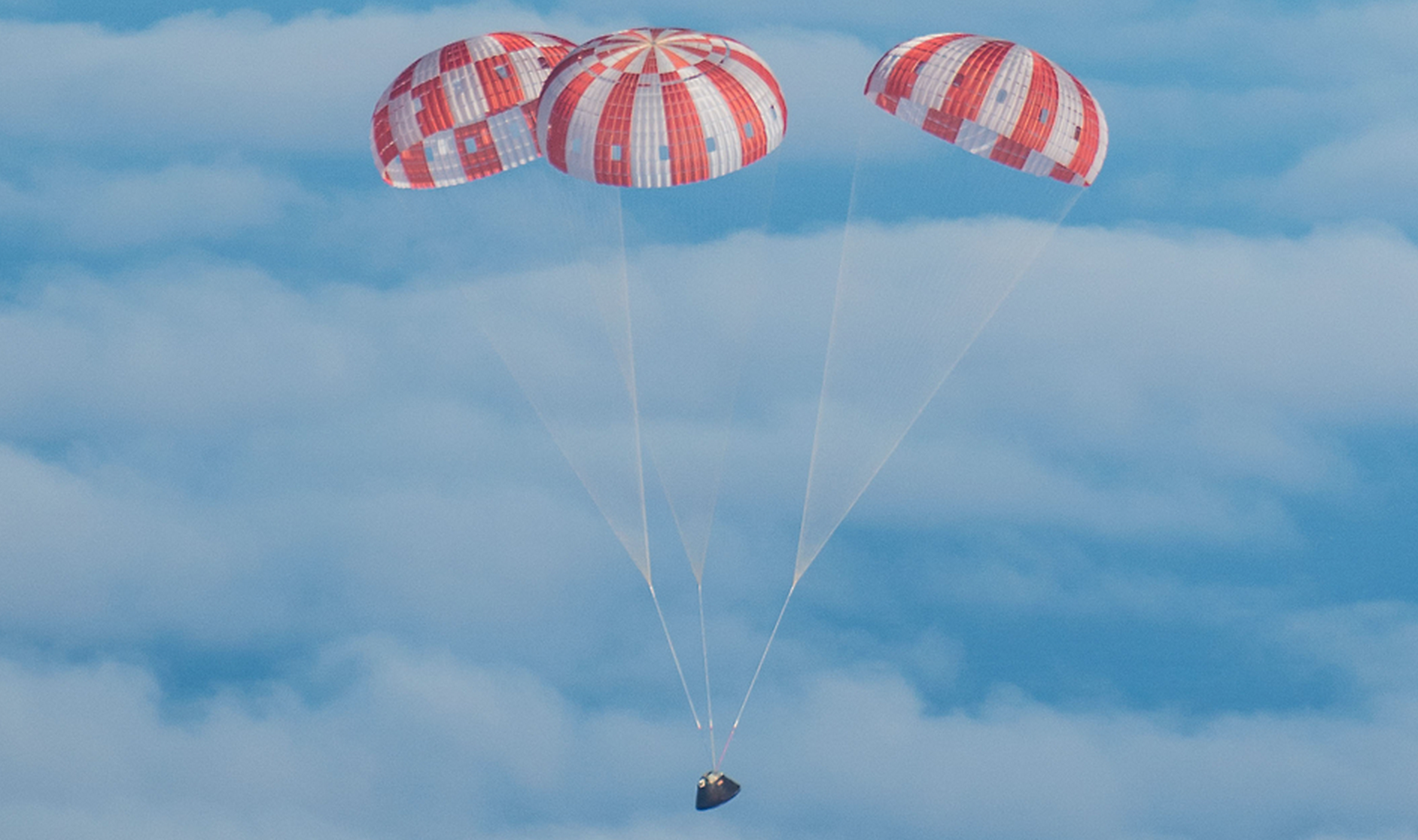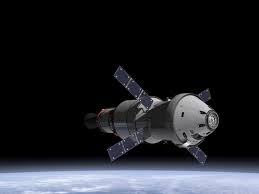NASA’s Orion space capsule has returned to Florida after completing its very first unmanned test flight. NASA will be reviewing the performance when it went on its Dec. 5 mission.
On December 5 Orion launched atop a Delta IV Heavy rocket from Cape Canaveral Air Force Station’s Space Launch Complex Flight Test on the Orion Flight Test: a two-orbit, four-hour flight that tested many of the systems most critical to safety.
It traveled 3,600 miles above the Earth’s surface and completed two orbits before heading back into the planet’s atmosphere.
The parachutes of the space capsules deployed successfully upon re-entry and landed in the Pacific Ocean.
The whole mission lasted four and a half hours. The Orion was retrieved from the ocean to the port of San Diego by the US Navy. It arrived back in Florida on December 18.
The mission has been considered a huge success and now NASA will be evaluating its performance for the upcoming mission to Mars.
NASA engineers and technicians are now going to be carrying out in-depth, detailed studies of the capsule’s flight to see whether it met their expectations.

NASA’s Orion spacecraft glides through clouds under its three massive main parachutes on its way toward a splashdown in the Pacific Ocean on Dec. 5, 2014. Photo Credit: NASA
As Orion program manager Mark Geyer noted in a press statement:
“Now, we get to dig in and really find out if our design performed like we thought it would. This is why we flew the flight. We demonstrated on Dec. 5 that Orion is a very capable vehicle. Now, we’re going to keep testing and improving as we begin building the next Orion.”
The Orion will serve as the exploration vehicle that will carry the crew to distant planetary bodies
According to NASA:
“A series of increasingly challenging missions awaits, and this new spacecraft will take us farther than we’ve gone before, including Mars. Named after one of the largest constellations in the night sky and drawing from more than 50 years of spaceflight research and development, the Orion spacecraft is designed to meet the evolving needs of our nation’s deep space exploration program for decades to come. It will be the safest, most advanced spacecraft ever built, and it will be flexible and capable enough to take us to a variety of destinations.”

